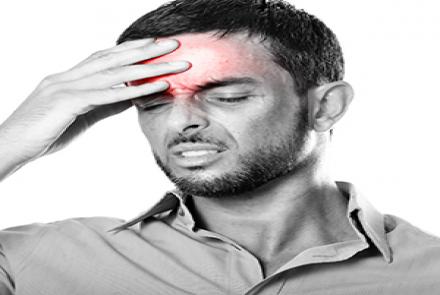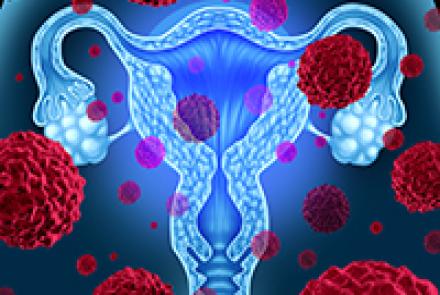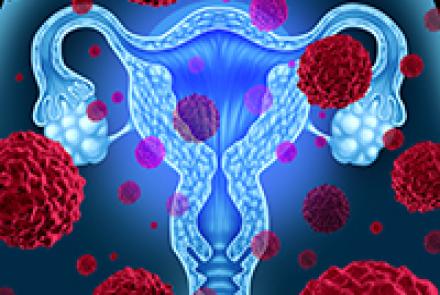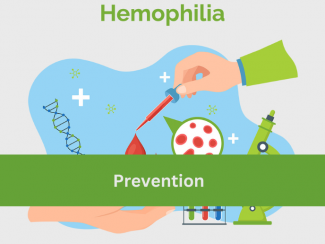Signs of Down's Syndrome:
Although all babies with Down's syndrome will not have the same features, they will have have some of these physical features:
• Almond shaped eyes (unusual for their ethnic group)
• Smaller head and hands
• Flat nose
• Wide feet with short toes
• Large tongue
• Poor muscle tone (appear to be floppy)
• Short neck
• …
Latest Stories
- Down’s syndrome is usually caused by an error in cell division. All people with Down’s syndrome have an extra, critical portion of chromosome 21 present in all or some of their cells. This additional genetic material alters the course of development and causes the characteristics associated with the syndrome. Trisomy 21 - About 95 percent of the time, Down syndrome is caused by trisomy 21. Mosaic Down syndrome - In this form children have some cells with an extra copy of chromosome 21.…
- You can do nothing to prevent Down's syndrome. If you already have a child with Down's syndrome, you are definitely at high risk of having another child with Down syndrome. You may want to consult your gynaecologist or genetic counselor before becoming pregnant again. Your gynaecologist or a genetic counselor can help you understand your chances of having a child with Down syndrome. He or she can also explain the prenatal tests that are available and help explain the pros and cons of…
- Treatment While there is no cure or treatment for Down’s syndrome, it is important to follow early intervention protocols to manage the development challenges. It is a disorder that a person will have all of his or her life. Down’s syndrome is not contagious, and it affects all races and nationalities. No one can “get” Down syndrome later in life. Doctors cannot pinpoint why this extra or altered chromosome problem happens, but they know that it is not the result of what the mother or father…
- Porrselvi A.P. a cognitive and psychosocial interventions specialist shares the six common migraine triggers for men and women. And what you should do to pro-actively manage your migraine. Migraine is a severe, recurring and throbbing pain, usually on one side of the head. It is a chronic neurological disorder in which a throbbing, pulsating type of headache is only a symptom. Migraine is actually caused by the uneven vasodilation of the cranial blood vessels (…
- Today is World Kidney Day and the theme this year is ‘Kidney Disease & Children – Act Early to Prevent it’. We spoke to Dr Pankaj Deshpande, pediatric nephrologist, to apprise us about kidney disorders in children and how they can be alleviated. What are some of the common kidney diseases/disorders in children? How does it affect them? There are many kidney illnesses in children and that actually evokes surprise in a lot of people as they are quite unaware that kidney…
- Yes. Almost 70% of cervical cancers can be prevented by it, says obstetrician and gynaecologist Dr Chandan Dubey, and strongly advocates that the HPV vaccine be made part of the national immunization programme. What does screening for cervical cancer involve? Cervical cancer is the most easily preventable gynaecologic cancer because cervix is so accessible to screening. Cervical cancer screening involves 2 tests: Pap smear or liquid based cytology (LBC): This test involves…
- Can cervical cancer be prevented? Cervical cancer starts with precancerous changes to the cervix. You can find and treat precancer with regular Pap tests and HPV tests or you can try to prevent precancer by controlling possible risk factors of Cervical Cancer. Annual Pap test is a must! This form of cancer can sometimes develop without our knowledge so the biggest self-help tip is to get your regular screening check-ups! Take the HPV vaccine There are two HPV vaccines (Gardasil…
- In addition to the treatment options covered in Cervical Cancer Treatment section, it is important to manage the lifestyle aspects as well. Food and nutrition Eating right is a key part of cancer treatment. You need to keep your body as strong as possible before, during and after treatment, so you need to take in enough nutrients. Keep the following in mind: Increase your intake of fruits, vegetables, whole grains, and high-fibre foods Up your intake of Vitamin A, which is associated with a…















